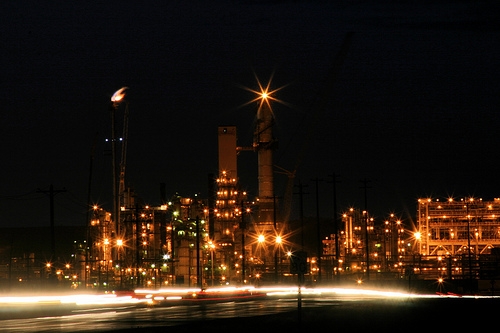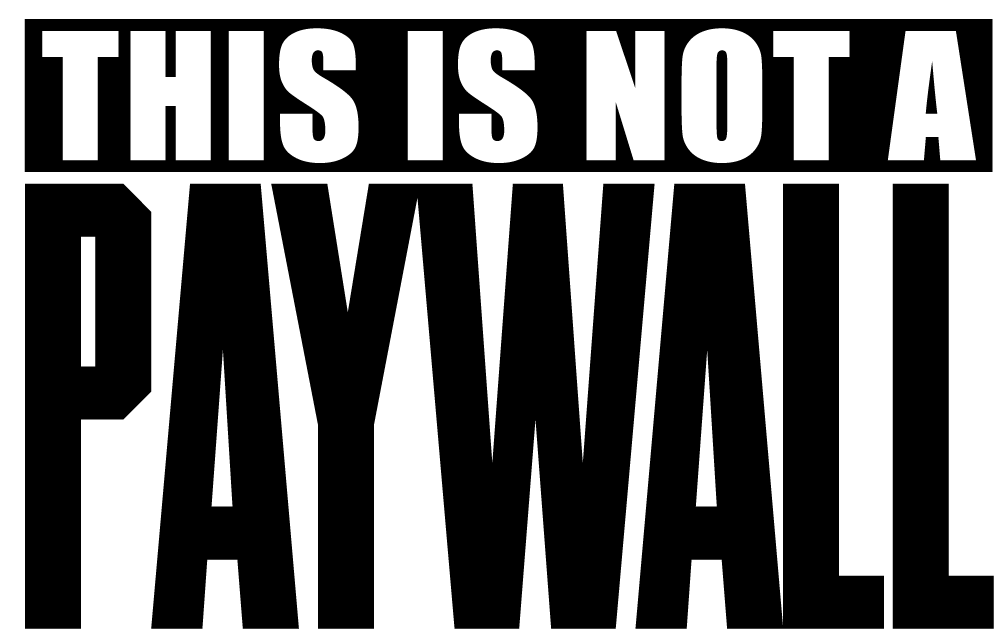Canada has the third largest proven oil reserves in the world, but the province of Alberta is planning to cut education and health care spending this year, and Canada's national debt stands at a whopping $600 billion (CAD).
How can that be? With so many people calling our massive tar sands reserves the "Saudi Arabia of the North," how can we be so cash-strapped? How can the Alberta government be planning to cut funding to schools, education and health care if the province is so oil rich?
The best answer can be found in Norway, which this year alone will enjoy a $44 billion budget surplus. The country has the 22nd largest proven oil reserves in the world and about 40-percent less oil is produced by that country, compared to Canada.
On top of massive government budget surpluses, Norway also has no foreign debt, and $634 billion set aside as a public savings fund. This fund, called the Government Sovereign Wealth fund – set up to collect oil and gas revenues – is projected to be worth $1 trillion by 2020 and currently holds more than 1-percent of all the world's equity.
To put it simply, Norway is rolling in the dough and their number one sector is oil and gas exploration, production and export.
There are many differences between Norway and Canada that can explain why Norway is so rich and Canada so relatively poor, but there is one huge difference that stands out amongst the rest: oil royalties. Royalties are the amount a government charges oil companies for being allowed to extract and sell the country's oil.
Norway charges oil companies about 70-percent of their profits for the right to extract and sell Norway's oil. So for every dollar a company like ExxonMobil or British Petroleum makes in profit in Norway, about 70-cents of that dollar goes to the government and back to the people of Norway.
A director of the Norwegian Ministry of Oil & Energy, Matte Agerup, summed up Norway's philosophy on their oil reserves best when she explained that, "the state [Norway] operated on the basis that the oil company was the helper in harnessing the country's natural resources, but that the oil ultimately belongs to the nation."
The Canadian government does not charge a royalty on the profits of oil companies operating in the Alberta tar sands, only the Alberta provincial government does. In 2009, the Alberta government collected more in gambling and casino revenue than it did in royalties from oil companies.
In recent years, the Alberta government has been collecting roughly a five to ten-percent royalty from oil companies operating in the tar sands (the calculations, as you can imagine, are complicated, but this appears a safe estimate). Author and tar sands expert, Andrew Nikiforuk, writing in the Tyee, provides a much more in-depth look at the numbers if you're interested.
Suffice it to say, Canadians are not getting the returns they deserve for the risks they are inheriting. Companies like ExxonMobil, who last year made an estimated $104 million a day from global operations, get to extract oil from Canada's tar sands and sell it off to foreign interests, while Canadians get little more than the resulting climate change pollution and massive toxic lakes of sludge that seep into our freshwater reserves.
Great deal if you're ExxonMobil. Bum deal for Canadians. But the answer seems pretty simple – charge the oil companies way more for the right to extract and sell our country's oil. Politicians, of course, will tell you it's much more complicated than that.
But trust me, it isn't. Norway did it and the oil companies are still there. And, in fact, they are investing more than ever.
Image Credit: Pembina Institute via flickr.


